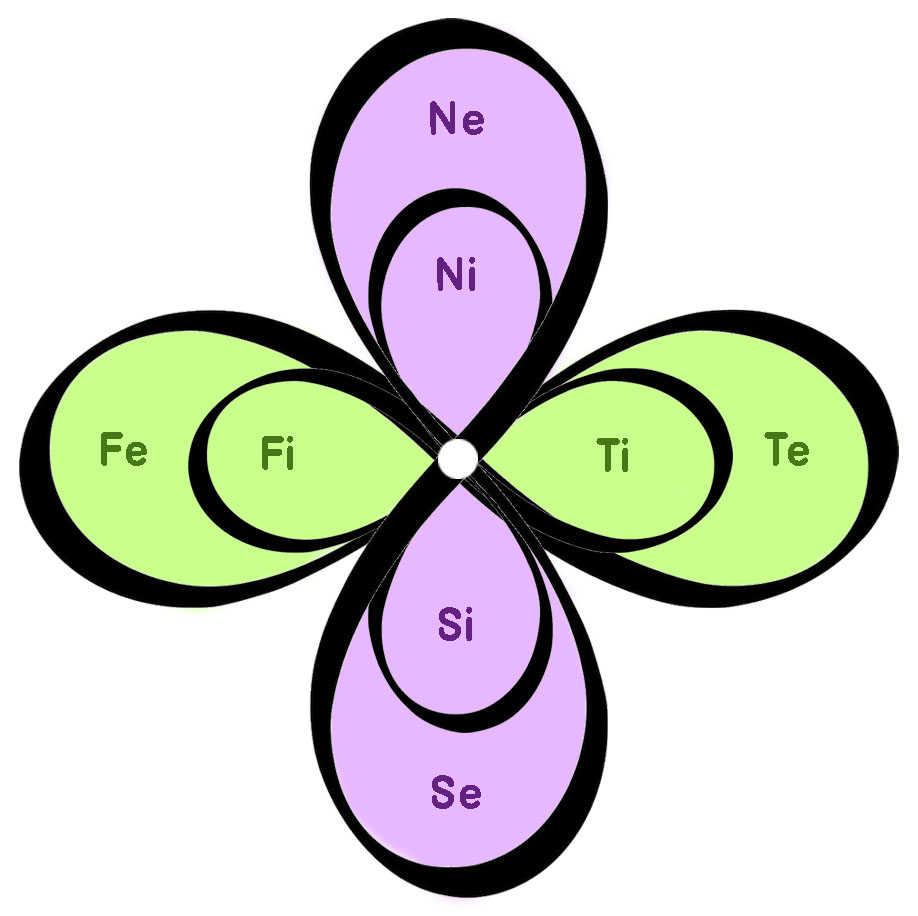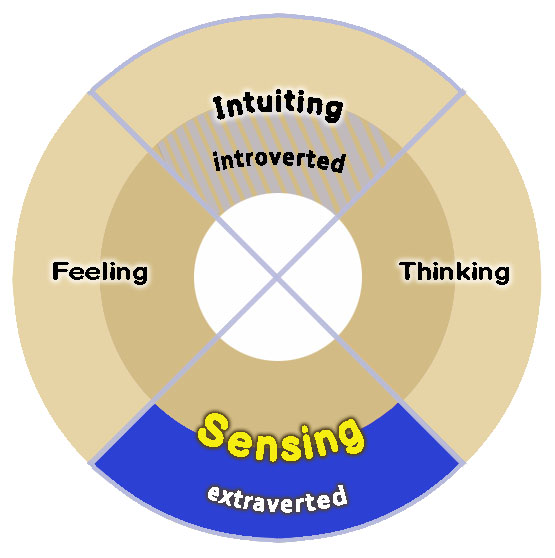LEVELS OF PSYCHOLOGICAL HARMONY IN JUNGIAN TYPOLOGY
Depending on the level of inner harmony, a person can perceive the external world differently:
The world is beautiful;
The world is good;
The world is ordinary;
The world is hostile;
The world is scary.
At a high level of harmony, a person perceives the world as good or beautiful, he is optimistic, inclined to mutually beneficial cooperation, he has developed empathy, accepts himself and others, has a high level of energy and recovers quickly from stress.
With internal disharmony, a person spends his energy on inner conflicts. He is constantly tense, takes a defensive position, is not ready to cooperate and does not trust others.
In general, only people of the same level or neighboring levels can communicate with each other normally. A person who perceives the world as hostile cannot understand a person for whom the world is beautiful.
Different types of people have different types of inner conflicts and different reactions to stressors. Some types are prone to anger, others to self-pity, some are prone to stupor and detachment, and others to feeling guilt and shame.
Carlos Castaneda writes: “Don Juan asked me to tell him what had been the most natural reaction I had had in moments of stress, frustration and disappointment before I became an apprentice. He said that his own reaction had been wrath. I told him that mine had been self-pity.” (1)




